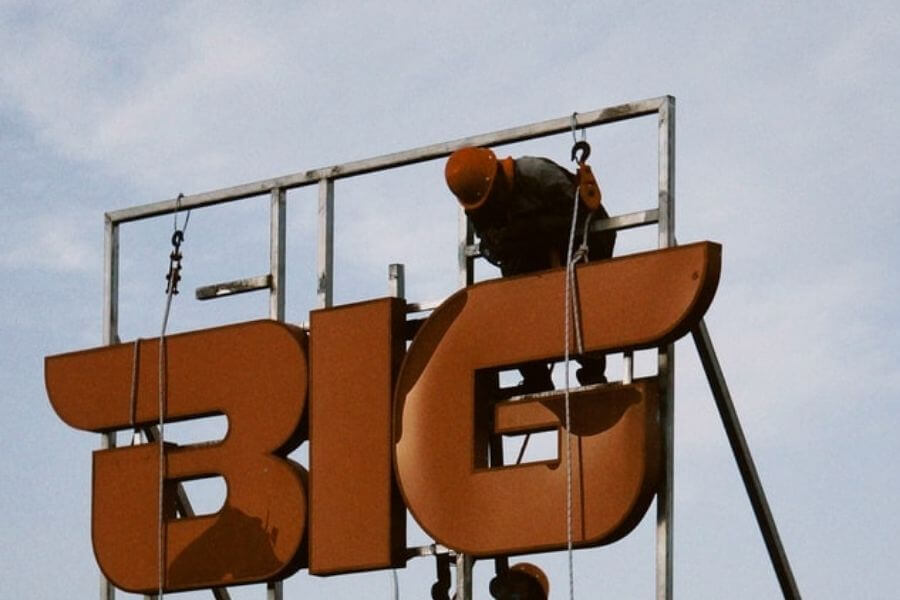Whom Should I Sue When a China-Related Trade Dispute Arises?
You need to know whom you can sue and then identify its legal name in Chinese.
When you are preparing to file a lawsuit, you need to find out exactly who the defendant (the person or business you are suing) is, so you can name the same correctly on your claim.
In case of a breach of contract, you can sue the breaching party. In case of a product quality dispute, you can sue the seller or the manufacturer. In case of an intellectual property infringement, you can sue the one who pirated your works.
However, if you want to sue the other party, you need to know its legal name in Chinese.
You may see the name of a Chinese enterprise on the contract or the name of a Chinese manufacturer on the package. But these names are likely to be in English or other languages, rather than in Chinese.
All Chinese individuals and enterprises have their legal names in Chinese, and they have no legal or standard names in foreign languages.
In other words, their English names or names in other languages are named by themselves randomly. Usually, it’s hard to back-translate their weird foreign names to their legal Chinese names.
If you don’t know their legal names in Chinese, then you won’t be able to tell the Chinese court whom you are suing. Therefore, Chinese courts will not accept your case.
We can check relevant information or search online to find the legal Chinese name of the Chinese defendant as far as possible, and prove to the Chinese court that the Chinese name found and the foreign name provided point to the same subject. For more information about how to find the Chinese name, you can read our post Find China Supplier’s Legal Name in Chinese to Avoid Scams.
Moreover, if you purchase goods or services on a Chinese online trading platform which fails to provide the real name, address and valid contact information of the seller or service provider, you can also sue the platform directly.
In addition, you can also find their Chinese names on the seals of Chinese companies. As we said before, if you enter into a contract with a Chinese company which you wish to come into effect under Chinese laws, you had better require the company to affix the official company seal on the contract.
There is a string of Chinese characters on the official company seal, which is the company’s full registered Chinese name. Therefore, you can find the Chinese name from the stamped contract. For more information, you can read Execute a Contract with a Chinese Company: How to Make it Legally Effective in China.
Do you need support in cross-border trade and debt collection? CJO Global's team can provide you with China-related cross-border trade risk management and debt collection services, including: (1) Trade Dispute Resolution (2) Debt Collection (3) Judgments and Awards Collection (4) Anti-Counterfeiting & IP Protection (5) Company Verification and Due Diligence (6) Trade Contract Drafting and Review If you need our services, or if you wish to share your story, you can contact our Client Manager: Susan Li (susan.li@yuanddu.com). If you want to know more about CJO Global, please click here. If you want to know more about CJO Global services, please click here. If you wish to read more CJO Global posts, please click here.

Photo by Zichao Zhang on Unsplash








Pingback: Execute a Contract with a Chinese Company: How to Make it Legally Effective in China – CJO GLOBAL
Pingback: Find China Supplier’s Legal Name in Chinese to Avoid Scams – CJO GLOBAL
Pingback: Where Should I Sue When a China-Related Trade Dispute Arises? – CJO GLOBAL
Pingback: Do I Need to Get the Chinese Company to Stamp the Contract? – CJO GLOBAL
Pingback: What Is the Chinese Company Stamp and How to Use It? - CJO GLOBAL